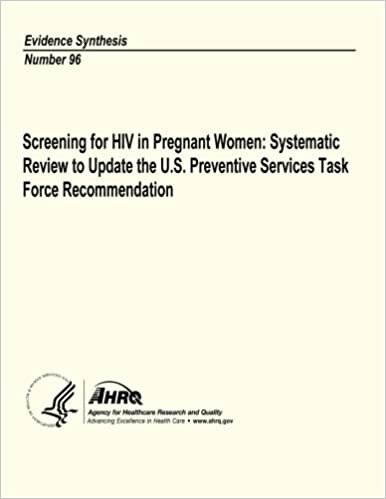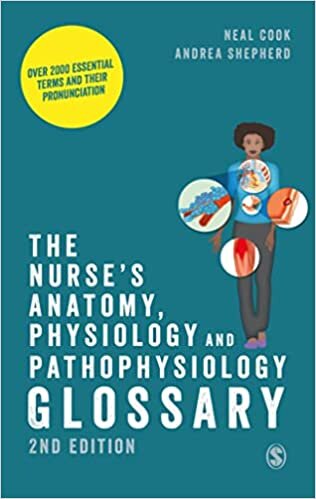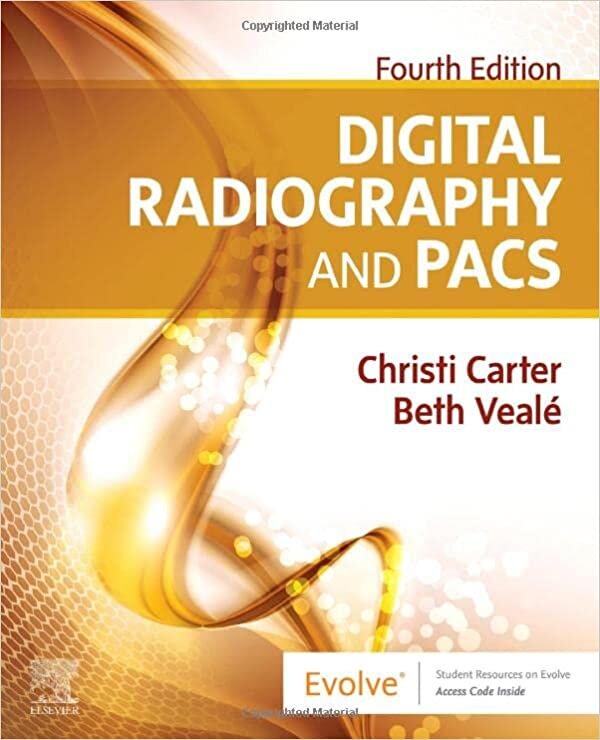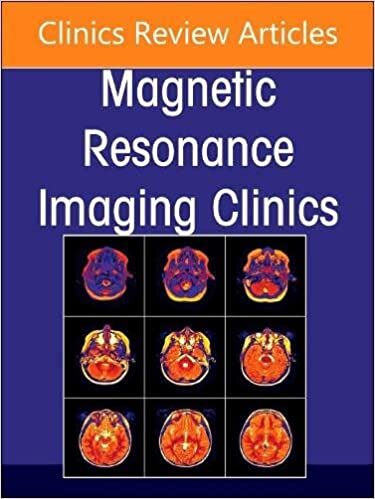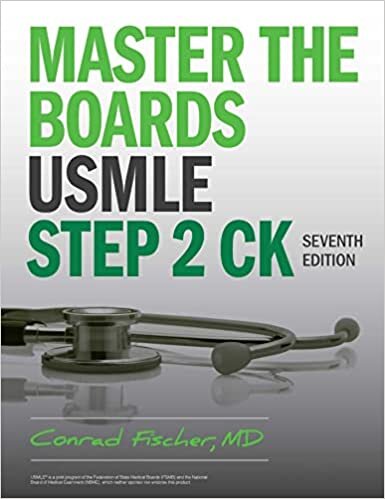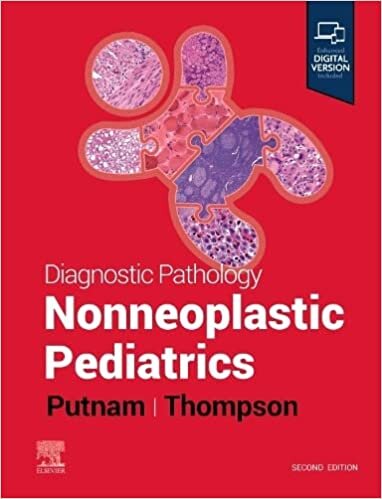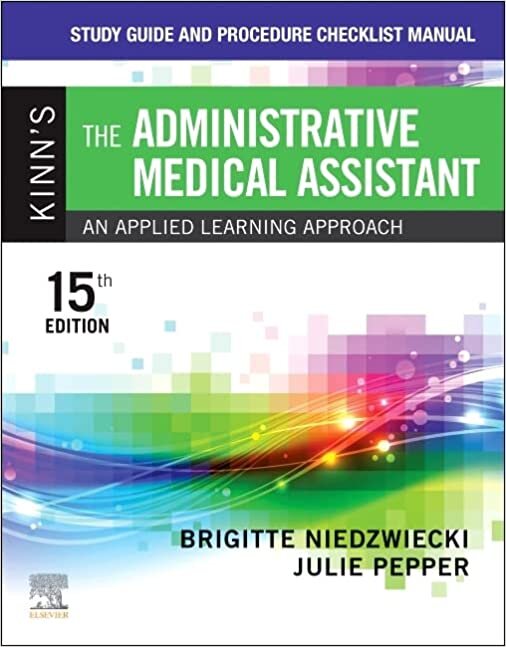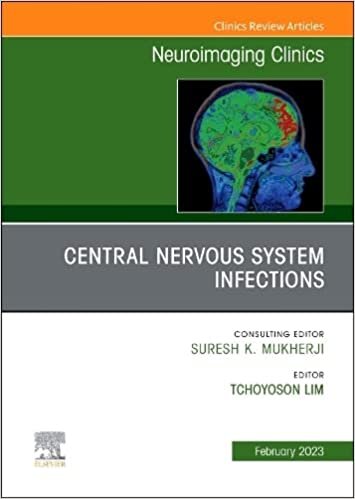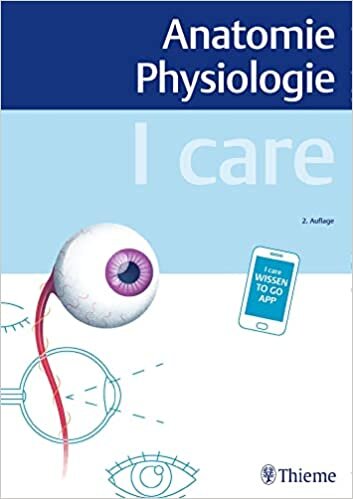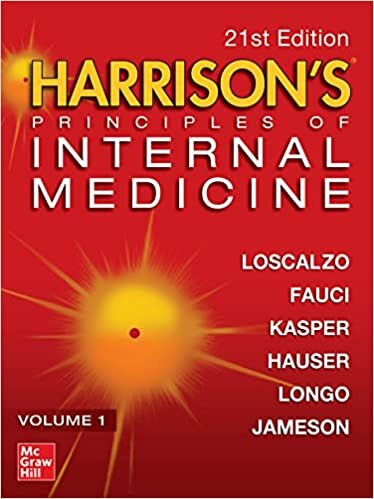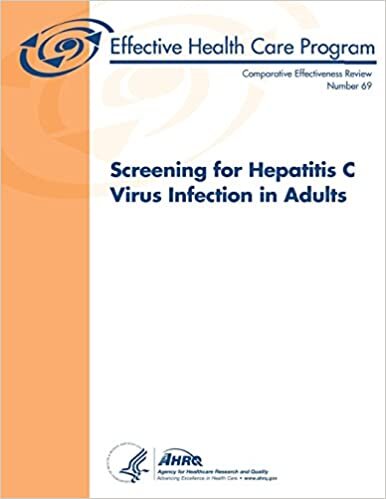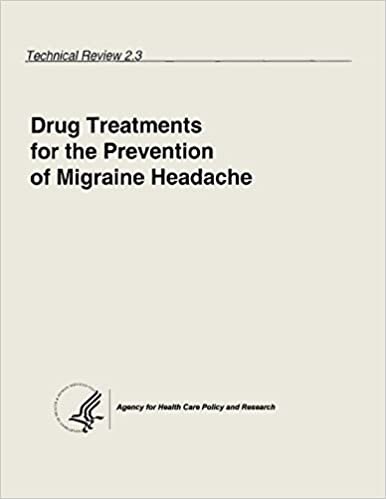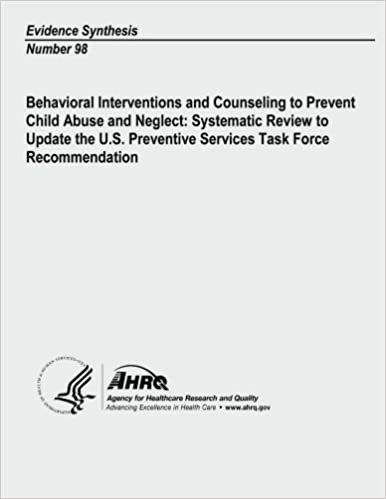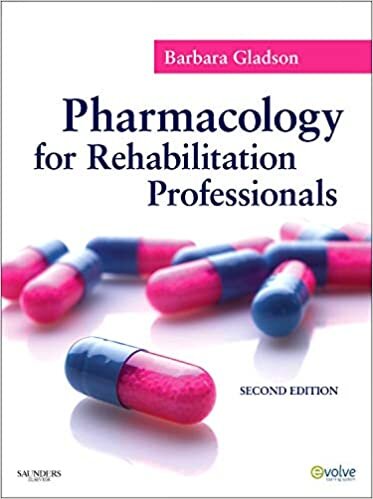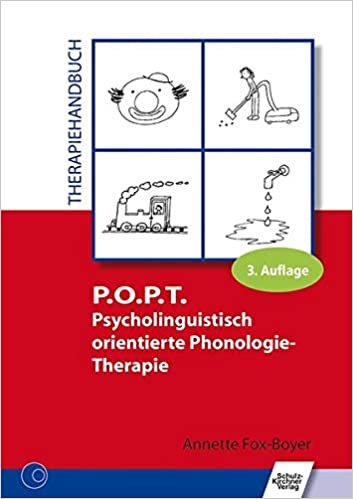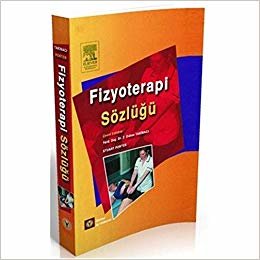Screening for HIV in Pregnant Women: Systematic Review to Update the U.S. Preventive Services Task Force Recommendation: Evidence Synthesis Number 96
Yardımcı Sağlık Meslek Grupları
Amacımız .fb2 formatında bir kitap okumanıza yardımcı olmaktır. Böylece Screening for HIV in Pregnant Women: Systematic Review to Update the U.S. Preventive Services Task Force Recommendation: Evidence Synthesis Number 96 kitabını kolayca açabilir ve U. S. Department of Health and Human Services ile diğer birçok kitabı okuyabilirsiniz. Bu biçim, Screening for HIV in Pregnant Women: Systematic Review to Update the U.S. Preventive Services Task Force Recommendation: Evidence Synthesis Number 96 dahil olmak üzere elektronik kitap okumak için bir yazılım üreticisi olan birçok yayıncı tarafından yaygın olarak desteklenmektedir. Kitapları FictionBook formatında saklamanın destekçilerinin temel amacı, bir FictionBook format dosyasını {{title} da bulabileceğiniz diğer popüler formatlara kolayca (otomatik olarak dahil) dönüştürme yeteneğiyle Screening for HIV in Pregnant Women: Systematic Review to Update the U.S. Preventive Services Task Force Recommendation: Evidence Synthesis Number 96 kitabının yapısını açıkça saklamaktır. } Web sitemizde. İşleme sırasındaki bu depolama, kitapları başka bir biçimde depolamaktan çok daha az zaman ve çaba gerektirir. En önemlisi, FictionBook formatı Screening for HIV in Pregnant Women: Systematic Review to Update the U.S. Preventive Services Task Force Recommendation: Evidence Synthesis Number 96 gibi kurgu için uygundur. Bu biçim, e-kitapların ve "okuyucuların" artan popülaritesi ile birlikte popülerlik kazanmaktadır. Bu nedenle, Screening for HIV in Pregnant Women: Systematic Review to Update the U.S. Preventive Services Task Force Recommendation: Evidence Synthesis Number 96 kitabını bu biçimde indirmenizi öneririz. Dahası, neredeyse her cihazda açabilirsiniz. Bu biçim sayesinde Screening for HIV in Pregnant Women: Systematic Review to Update the U.S. Preventive Services Task Force Recommendation: Evidence Synthesis Number 96 kitabı, hareket halindeyken veya canlı bir kitap alamayacağınız veya bir dizüstü bilgisayarda açamayacağınız alışılmadık bir yerde okumak için çok uygun olan tabletinizin veya akıllı telefonunuzun ekran boyutuna otomatik olarak ayarlanır.
İngilizce Almanca Fransızca Wydawnictwo Nasza Wiedza LAP LAMBERT Academic Publishing İspanyolca Güneş Tıp Kitabevleri Ankara Nobel Tıp Kitabevleri Lovely Hearts Publishing Elsevier España, S.L.U. F. A. Davis Türkçe Independently published U. S. Department of Health and Human Services Elsevier Health Formation Kolektif İtalyanca
indir okumak internet üzerinden
| Yazar Screening for HIV in Pregnant Women: Systematic Review to Update the U.S. Preventive Services Task Force Recommendation: Evidence Synthesis Number 96 | U. S. Department of Health and Human Services Agency for Healthcare Research and Quality |
|---|
The purpose of this report is to update a previous evidence review commissioned by the U.S. Preventive Services Task Force (USPSTF) on screening for asymptomatic HIV infection in pregnant women, including adolescents. In 2005, based on the earlier review, the USPSTF recommended that clinicians screen all pregnant women for HIV (grade A recommendation). Although the USPSTF found no studies that directly evaluated prenatal HIV screening versus no screening on risk of mother-to-child transmission or other clinical outcomes, it found good evidence that prenatal testing is accurate and acceptable to women and that treatment with recommended interventions (combination antiretrovirals, elective Cesarean delivery in women with viral loads greater than 1,000 copies/mL near the time of delivery, and avoidance of breastfeeding) is associated with major reductions in risk of mother-to-child transmission (from 14% to 25% in untreated women to 1% to 2% with treatment). The USPSTF concluded that benefits of treatments in reducing perinatal transmission substantially outweighed short-term harms, though evidence on long-term maternal or infant harms associated with screening and subsequent interventions was limited. The current report will be used by the USPSTF to update its 2005 recommendation on prenatal HIV screening. This update focuses on newer evidence on the accuracy and acceptability of rapid versus standard testing, the effectiveness of newer antiretroviral regimens for reducing mother-to-child transmission, long-term maternal outcomes following use of antiretroviral regimens during pregnancy, and maternal and infant harms associated with use of antiretroviral medications. Because perinatal practices and interventions related to prevention of HIV infection are substantially impacted by the availability of resources, the report will emphasize evidence applicable to typical practice in the United States. A major goal of prenatal screening for HIV is to reduce the risk of mother-to-child transmission through subsequent interventions. Other important goals are to improve long-term clinical outcomes in HIV-infected women, facilitate early identification of infected newborns, help women to make more informed future reproductive choices, and reduce risk of horizontal transmission through effects on risky behaviors. Using the methods developed by the USPSTF, the USPSTF and the Agency for Healthcare Research and Quality (AHRQ) determined the scope and key questions for this review. Investigators created an analytic framework with the key questions and patient populations, interventions, and outcomes reviewed. The target population for HIV screening was pregnant women without signs or symptoms of HIV infection. Key Questions include: Key Question 1. What are the benefits of HIV screening versus no screening in asymptomatic pregnant women on maternal or child morbidity, mortality, or quality of life or rates of mother-to-child transmission? Key Question 2a. What is the yield (number of new diagnoses) of repeat HIV screening in asymptomatic pregnant women? Key Question 2b. What are the adverse effects (including false-positive results and anxiety) of rapid versus standard HIV testing in asymptomatic pregnant women? Key Question 3a. What is the effectiveness of newer antiretroviral regimens for reducing mother-to- child transmission? Key Question 3b. What are the effects of antiretroviral regimens in pregnant, HIV-positive women on long-term maternal morbidity, mortality, or quality of life? Key Question 3c. What are the harms (including longer-term harms) to the mother or child associated with antiretroviral therapy during pregnancy?
Son kitaplar
İlgili kitaplar
Screening for Hepatitis C Virus Infection in Adults: Comparative Effectiveness Review Number 69
Yardımcı Sağlık Meslek Grupları
indir bedava
Drug Treatments for the Prevention of Migraine Headache: Technical Review 2.3
Yardımcı Sağlık Meslek Grupları
indir bedava
Behavioral Interventions and Counseling to Prevent Child Abuse and Neglect: Systematic Review to Update the U. S. Preventive Services Task Force Recommendation: Evidence Synthesis Number 98
Yardımcı Sağlık Meslek Grupları
indir bedava
P.O.P.T. Psycholinguistisch orientierte Phonologie-Therapie: Therapiehandbuch
Yardımcı Sağlık Meslek Grupları
indir bedava
Screening for Hepatitis C Virus Infection in Adults: Comparative Effectiveness Review Number 69
Yardımcı Sağlık Meslek Grupları
indir bedava
Drug Treatments for the Prevention of Migraine Headache: Technical Review 2.3
Yardımcı Sağlık Meslek Grupları
indir bedava
Behavioral Interventions and Counseling to Prevent Child Abuse and Neglect: Systematic Review to Update the U. S. Preventive Services Task Force Recommendation: Evidence Synthesis Number 98
Yardımcı Sağlık Meslek Grupları
indir bedava
P.O.P.T. Psycholinguistisch orientierte Phonologie-Therapie: Therapiehandbuch
Yardımcı Sağlık Meslek Grupları
indir bedava
